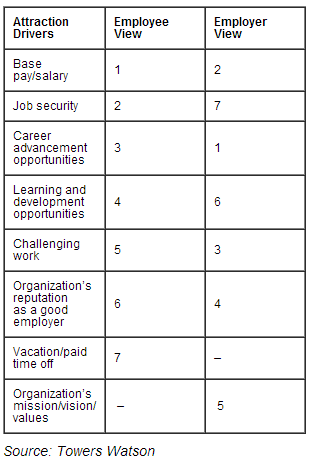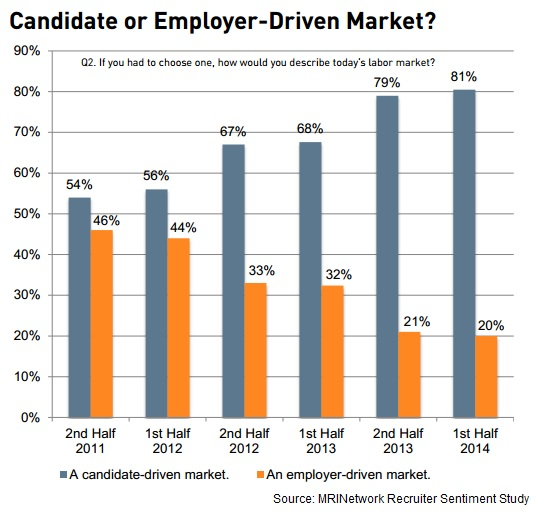Before we get right in and answer this question, let’s all get on the same page. What is Poaching? Wiki defines it as:
“Poaching has traditionally been defined as the illegal hunting, killing or capturing of wild animals, usually associated with land use rights.”
It can also be a cooking term, like Poached Eggs or Poached Salmon, but that’s not what we’re talking about.
The fact of the matter is that I don’t like the term ‘Poaching’ when it is used regarding talent acquisition. Business Insider loves to use this in titles when they are talking about normal recruiting activity (Here, Here, and Here to share just a few). There’s nothing illegal about ‘recruiting’ someone from another firm. Nothing!
Google has a talented group of Software Developers. Facebook needs Software Developers. Facebook recruits Google developers to come work for them. That’s Recruiting at its most basic. Nothing illegal about that. That’s actually the basis of our capitalist society. Free market economy.
So, why is it that we use the word “Poach” when describing something that is just basic business?
It’s because when an employee leaves you for your competition it pisses you off! You feel robbed. You feel like it should be illegal. “Wait! I spent so much time and effort to get you hear and now you’re just leaving me, for her!!!”
But, it’s not illegal. It’s not ‘poaching’. It’s business. You either do it well, or you use words like ‘poach’.
Can Corporate Recruiters ‘poach’?
Let me put it to you this way. If I was running your corporate talent acquisition department, and we had a recruiter who felt like they shouldn’t ‘poach’ from the competition, I would ask that recruiter to go work for the competition! At that point, that’s basically what they are doing anyway!
I feel so strongly about this, I truly believe a really good corporate recruiting function can cripple your competition. Truly! If your corporate recruiters take the best talent from your competition and bring them to your team, your competition isn’t long for this world. “Oh, yeah, but that’s poaching, Tim.” No, that’s Capitalism. That’s free market. It’s what our country is built on.
So, what I’m trying to say is this, if you don’t poach your competition’s talent you’re not American!



